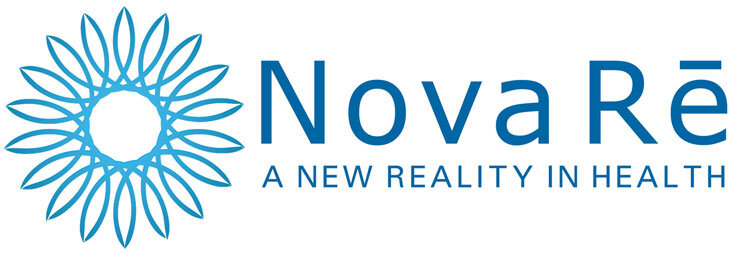Micro Restore
Since the discovery of penicillin by Fleming in 1928, antibiotics have revolutionized medicine, providing life-saving treatment for bacterial infections. They are among the most frequently prescribed medications worldwide. However, despite their important role in modern medicine, antibiotics are not without side-effects. Among the most common and predictable of these is a significant disruption of gastrointestinal microbiota and other mucosal microbiotas of the body. These microbial populations often include essential Lactobacillus and Bifidobacterium species now understood to be critical to gastrointestinal, genitourinary, and immune system function and health. After a single course of antibiotics, it may take as long as 3 months for normal microbiota to recover. In the absence of a healthy and sufficient gut microbiome immune functioning, hormonal signaling, bi-directional communication of the gut-brain axis, and basic motility and digestive function can suffer.
The human gastrointestinal tract is host to the most densely populated microbial ecosystem known. Comprising more than 400 identified species and at least another 400 species unknown except by ribosomal RNA sequences, this highly complex community is integral to normal human development and health. A healthy, balanced gastrointestinal microbiota is pivotal to the immune system, regulates against intestinal disturbances, supplies nutrients and vitamins, facilitates mineral absorption, and metabolizes cholesterol and bile salts.
Microbiota within the gut include indigenous native species and healthful microorganisms that colonize the bowel and perform many vital functions for the host. Modern Western diets often lack fresh fruits and vegetables as well as fermented foods like yogurt, kimchee, and sauerkraut that provide the body with beneficial bacteria. For example, the highly advantageous lactic acid bacterium, Lactobacillus plantarum, colonizes the gastrointestinal tracts of the majority of people in Africa and Asia consuming traditional diets rich in plant materials. In contrast, L. plantarum is found in fewer than 25% of Americans. Similar intestinal deficiencies of L. paracasei and L. rhamnosus in Western populations have been described.
Consuming a diet rich in healthful bacteria and supplementing with probiotic formulas can help support a healthy microbiota balance. Probiotic supplementation may be especially useful in conjunction with agents that can adversely affect the population of beneficial intestinal microorganisms, including during and following use of antibiotics.
Micro Restore is a carefully designed blend of four probiotic microorganisms to support healthy gastrointestinal microbiota during and after antibiotic use. The probiotics in this blend are regarded as some of the most beneficial strains to promote gut health. Research suggests that probiotics support gut microecology during and after antibiotic treatment through competition for nutrients, inhibition of adherence of pathogens, and the introduction of lower colonic pH favoring the growth of nonpathogenic species among other mechanisms.
How it works
S. boulardii has broad, versatile gastrointestinal effects. It stimulates intestinal brush border enzymes to maintain normal digestive functions. It stimulates D-glucose and sodium absorption and produces short-chain fatty acids such as butyrate and acetate that nourish colon mucosa.
L. rhamnosus is a transient Lactobacillus that colonizes the small intestines when regularly consumed. It favorably enhances innate and acquired immunity. It decreases T cell proliferation, induces helper (CD4+) T cell hyporesponsiveness, increases phagocytic activity in peripheral white blood cells and killing activity in natural killer cells, and supports inflammation metabolism. L. rhamnosus significantly reinforces serum and mucosal secreted antibody responses.
B. bifidum and B. breve are two species indigenous to the colon's microbiota. Bifidobacteria are highly beneficial for normal bowel function and are intensely sensitive to most antibiotics. Consumption of B. bifidum and B. breve replenishes colonic bifidobacterial populations suppressing overgrowth by undesirable microorganisms. B. bifidum is among the many Bifidobacterium species normally found in large numbers in a healthy colon microbiota. B. bifidum activates B cells making them more responsive to transforming growth factor-1 and interleukin-5 for IgA secretion. B. bifidum enhances IgA response to immune challenge. Supplementation with B. bifidum supports white cell phagocytic activity. B. breve increases the immune response of Peyer's patch cells stimulating B cell proliferation and antibody production.
Clinical studies of the probiotic species in Micro Restore have shown these microorganisms support healthy intestinal function during antibiotic use.
